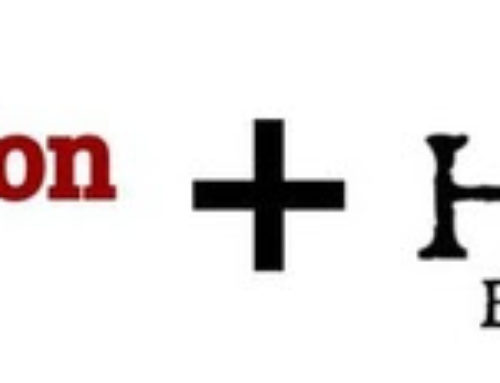The final step in brewing beer (aside from drinking it!) is to carbonate it. You would be hard pressed to find someone who enjoys a flat beer. Carbonation gives beer a light and refreshing feel in the mouth when consumed and also enhances flavors and aromas. The questions is: how is beer carbonated?
As I eluded to in The Final Countdown, there are two ways to carbonate beer: force carbonation and natural carbonation. Both have their advantages and disadvantages:
Natural Carbonation
To naturally carbonate beer, a small amount of sugar (called priming sugar) is added to the beer after fermentation has completed. The beer is then put into bottles, growlers, kegs, etc. and sealed. Residual yeast will then ferment this sugar and produce alcohol and CO2. Because the vessel in which the beer is being held is sealed, this CO2 dissolves into the liquid thereby carbonating the beer.
Advantages:
- Some people say that natural carbonation results is a thicker head, smaller bubbles, and more lacing (lacing is the ringing of foam around a glass that is left when the head dissipates. It is considered a good thing.)
- It requires less equipment than force carbonating
- It’s traditional and all natural
Disadvantages:
- It takes longer to carbonate your beer. Beer that has been naturally carbonated needs an additional 2-4 week for fermentation and conditioning to take place
- If too much sugar is added, beer can be over-carbonated or bottles can explode
- More yeast will settle on the bottom of the bottles which doesn’t look pretty

Force Carbonation
To force carbonate beer, it is transferred to a keg where it is chilled. CO2 is then pumped into the keg and kept at pressure. Over the course of a few days this CO2 will dissolve into the beer carbonating it.
Advantages:
- It takes much less time to carbonate beer; only 3-7 days
- Results in cleaner looking beer
- Takes guess work out of adding priming sugar
- Doesn’t result in added yeast flavors in the final product
Disadvantages
- It requires expensive equipment
- Can result in a head that is less billowy and has worse lacing
- Deviates from the all natural brewing process
In the end how beer is carbonated is a matter of personal preference. I happen to have all the equipment I need for force carbonation, and combined with my lack of patience, results in my preference of force carbonating beer.
